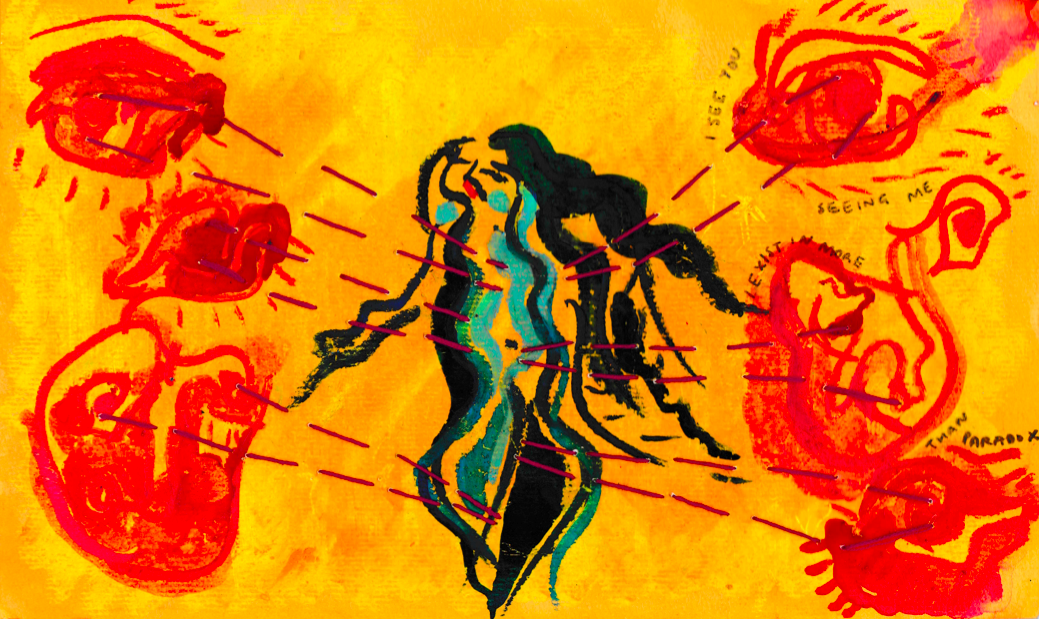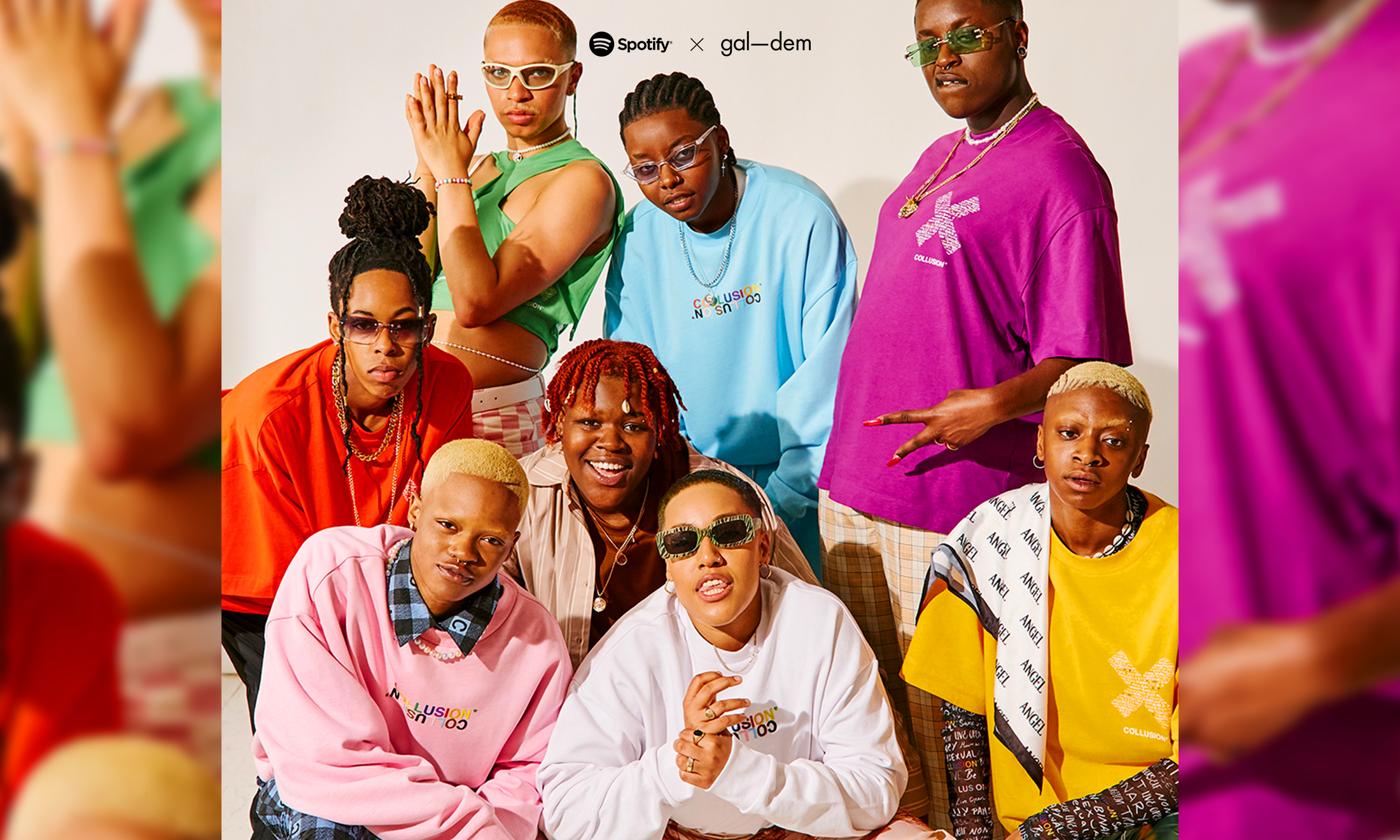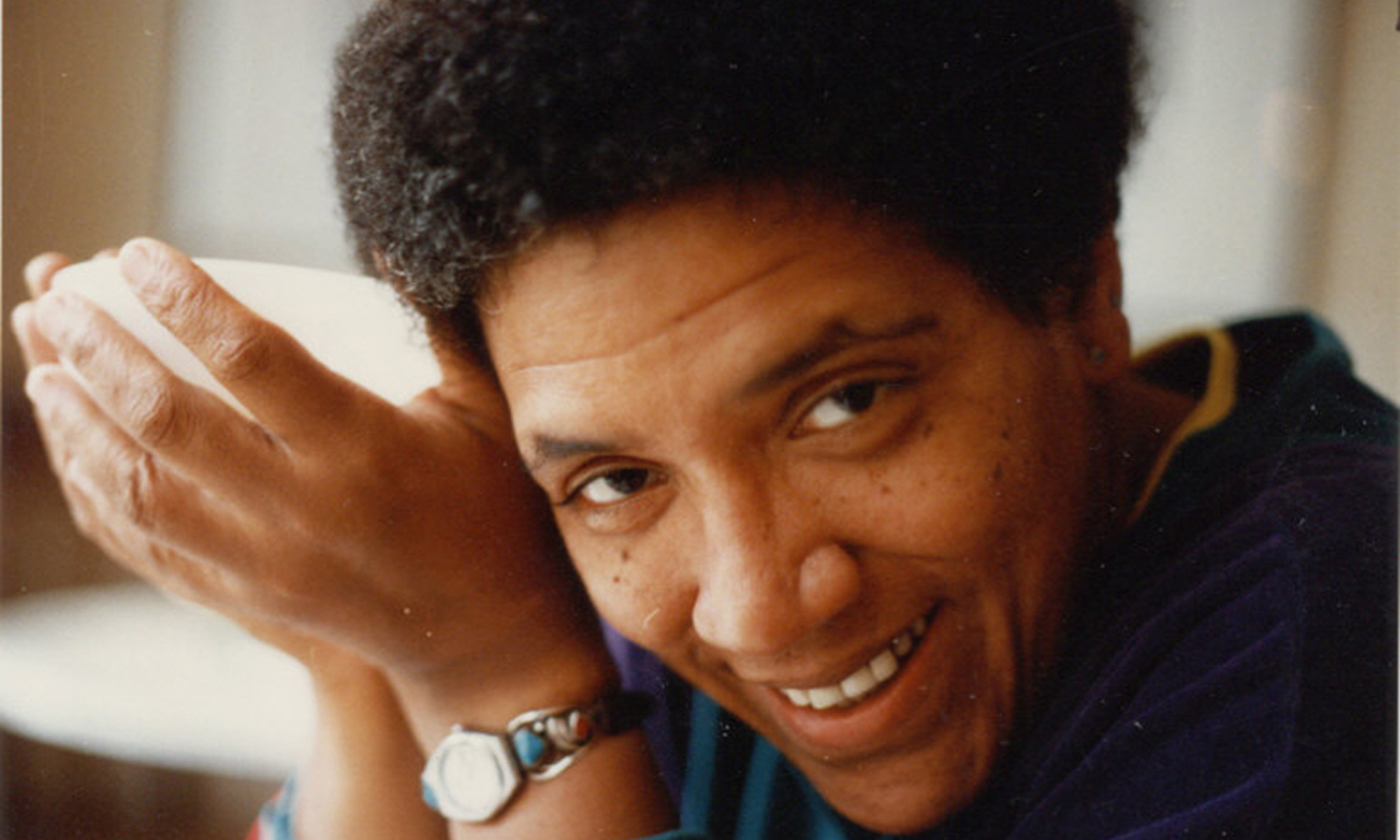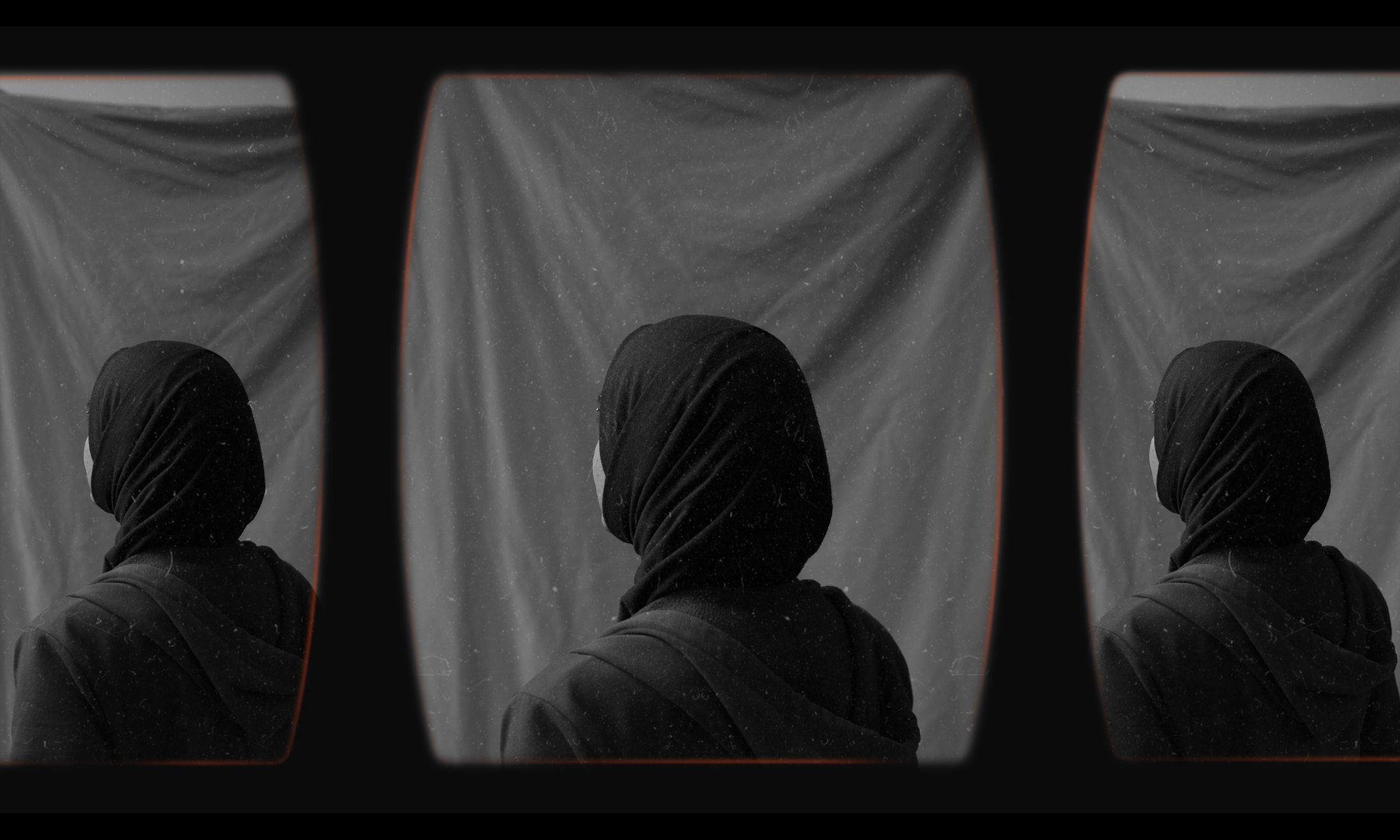
Type Muslim women into Google images and you will be flooded with pictures of women covered head to toe in black burqas.
Type Muslim women into the search engine on the Daily Mail website and you will see articles about Muslim extremists who are “encouraging violence against Muslim women” and how David Cameron is pledging to tackle the oppression of women among the Muslim community.
This constant bombardment of a very particular image of women undeniably makes many of us question gender equality within Islam and whether there can be such a thing as a Muslim feminist.
The answer is a very clear: yes.
Whilst the perceived traditional patriarchal system of Islam has always been highlighted as an issue in the UK, today Muslim women are in the spotlight of British media more than ever, portrayed as being alien to western culture as well as being heavily oppressed in a patriarchal system.
“Islam teaches justice and equality. Justice is one of the basic teachings and a very dominant theme in the Quran… the irony!”
In addition to this popular perception, many women from traditional Muslim communities are undeniably being discriminated against and living within a misogynistic society. This discrimination might vary from being limited access to mosques, to being refused the right to speak at university conferences.
To fight these popular perceptions of Muslim women, as well as the very real challenges they face, there are a growing number of self-identified Muslim feminists whose voices are gaining more and more recognition. Much of the work carried out by such individuals does not stray from Quranic teachings, but is actually the core of the religion.
“Islam teaches justice and equality. Justice is one of the basic teachings and a very dominant theme in the Quran… the irony!” Usama Hassan, a well-known scholar at the University of Cambridge and self-proclaimed feminist, tells me.
This could not be clearer if you consider the teachings of the Prophet Muhammad – something clearly forgotten in popular media discourse. The Prophet Muhammad’s philosophies were radical and undeniably feminist. In a society where female infanticide was commonplace, he abolished it, telling society that the birth of a girl was a “blessing”.
Before Muhammad, a dowry was given to the father of the bride as a contract between the two men. This was changed when Muhammad declared that the dowry should go straight to the bride, which was not to be used on family expenses but for the bride herself. He gave women the right to own their own properties and implemented inheritance rights for the first time in Arabia – a revolutionary right that was not implemented to women in the West till 1,000 years later.
“Muslim women are just women. They do not need saving from white western feminism, they are capable of fighting their own battles.”
Let us also consider the hijab, a veil worn by many Muslim women as a sign of modesty. Often seen as a sign of backwardness and subordination, the hijab is also slowly being recognized as a form of “political Islamism” and agency, where women can recognise their own identity in resistance to the idea that it is a form of oppression. This was recognised by the scholar Arlene Macleod, who explored the women in Egypt and how they used the hijab to gain access to jobs and increased mobility in a male-dominated environment.
So next time you see Muslim women being described as “passive victims of oppressive cultures”, who need to be “saved” just remember: Muslim women are just women. They do not need saving from white western feminism, they are capable of fighting their own battles.
Arundhati Roy once said, “There’s no such thing as the voiceless, only the deliberately silenced and the preferably unheard.” It is therefore essential to recognise feminism isn’t culturally homogenous– it must be a more holistic concept that can be used by women beyond the West, who strive for agency but not in the same context as traditional western feminists. There are plenty of forward-thinking Muslim women and men who will challenge the more traditional and patriarchal approaches to Islam.
As Shabana from the NGO Against Violence and Abuse told me, “religion and feminism both go hand in hand and very much should. Religion is very much about empowering yourself and others, and that’s what feminism is as well.”









